«Meio no Meio»: Virtue lies in the middle ground
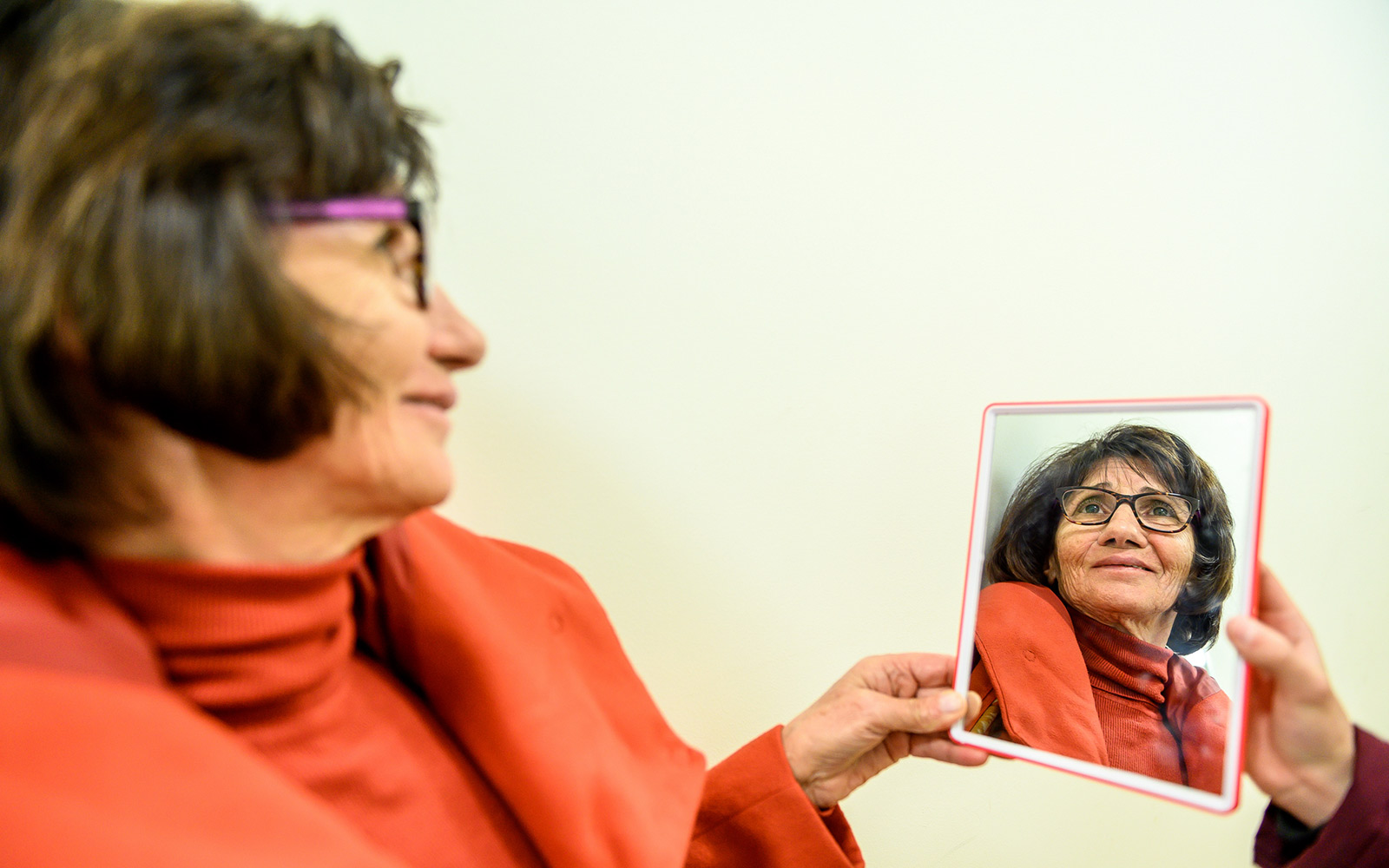
In the beginning of this year, two groups from different territories – Moita and Barreiro – were attending a cinema course. On the 9th of March, just before the declaration of the national emergency state on account of the pandemic, they decided not to maintain their presential meetings.
This is the second year of the project “Meio no Meio”, an initiative by Artemrede that aims to promote training, the creation of opportunities and skill learning, but also to build spaces for intergenerational socializing and sharing for people living in different territories. Under the artistic direction of the choreographer Victor Hugo Pontes, the project works with intergenerational groups from four different territories (Moita, Barreiro, Almada and Marvila), joining young people from 16 to 25 years old and adults over 45 in situations of social vulnerability.
After the suspension of the course, it was time to decide how to react to the times that followed. Victor Hugo Pontes explains that there was “a will to act right away” because “despite the fact that people are home, this would be a time where they would need support and to feel that we are still together somehow, generating a continuity of the work that was in progress”.
With no other option but to embrace digital solutions, the platform Zoom started being used to promote their encounters and to keep the project going. The first consequence of this “new normality” was the deconstruction of the idea of territory: from one moment to another, every participant from the different areas of the project was present in these weekly agglutinating sessions, from their homes, in different territories and regions.
Then came the issue of the contents to be developed in these sessions. “We did not want to continue the courses via Zoom, that was not our goal: the goal was to create new challenges during quarantine” says the artistic director.
Cláudia Hortêncio, who manages the Artemrede projects, described the moment as a “process of advances and retreats, of trials”. For instance: initially, they started proposing weekly challenges, but afterwards they agreed that the method “sounded a bit too much like doing homework”. Because they did not want to overload people with more tasks, they chose to develop activities that could take place during the online meetings.
In average, there was a total of 15 people participating in the meetings and activities proposed by the different teachers, connected with the several artistic areas encompassed by the project: cinema, visual arts, theatre and dance.
“This thing of putting myself in someone else’s shoes”
Although there was no common theme for the activities developed over the months of quarantine, Victor Hugo says that “a curious thing happened, everyone started understanding the place of others, putting themselves in someone else’s shoes”, for example through drawing or photography exercises in which people were asked to portray another person.
Ana Sofia Pinto, from Barreiro, was the most regular participant of these sessions, and emphasizes precisely the possibility of meeting project members from other areas that she would not normally encounter. “This distance brought us closer and we got to know each other in other ways, things that we probably wouldn’t have known if we had continued meeting in person”.
Although she considers every training course “an asset,” the exercise of the photography was what left a mark on her: each participant had to send a photo of him/herself with at least half of their current age, and another colleague would try to reproduce the photo. The results were surprising.
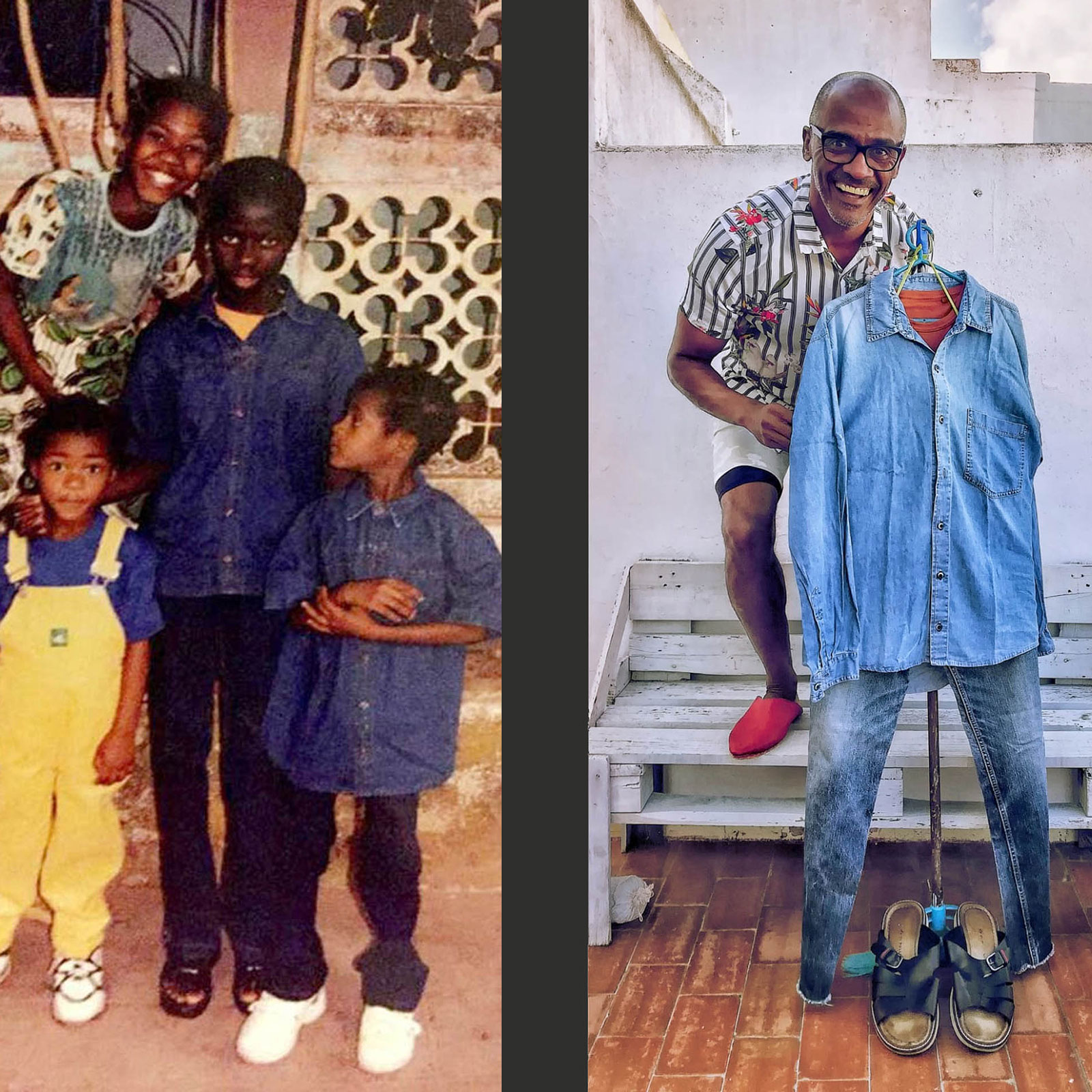
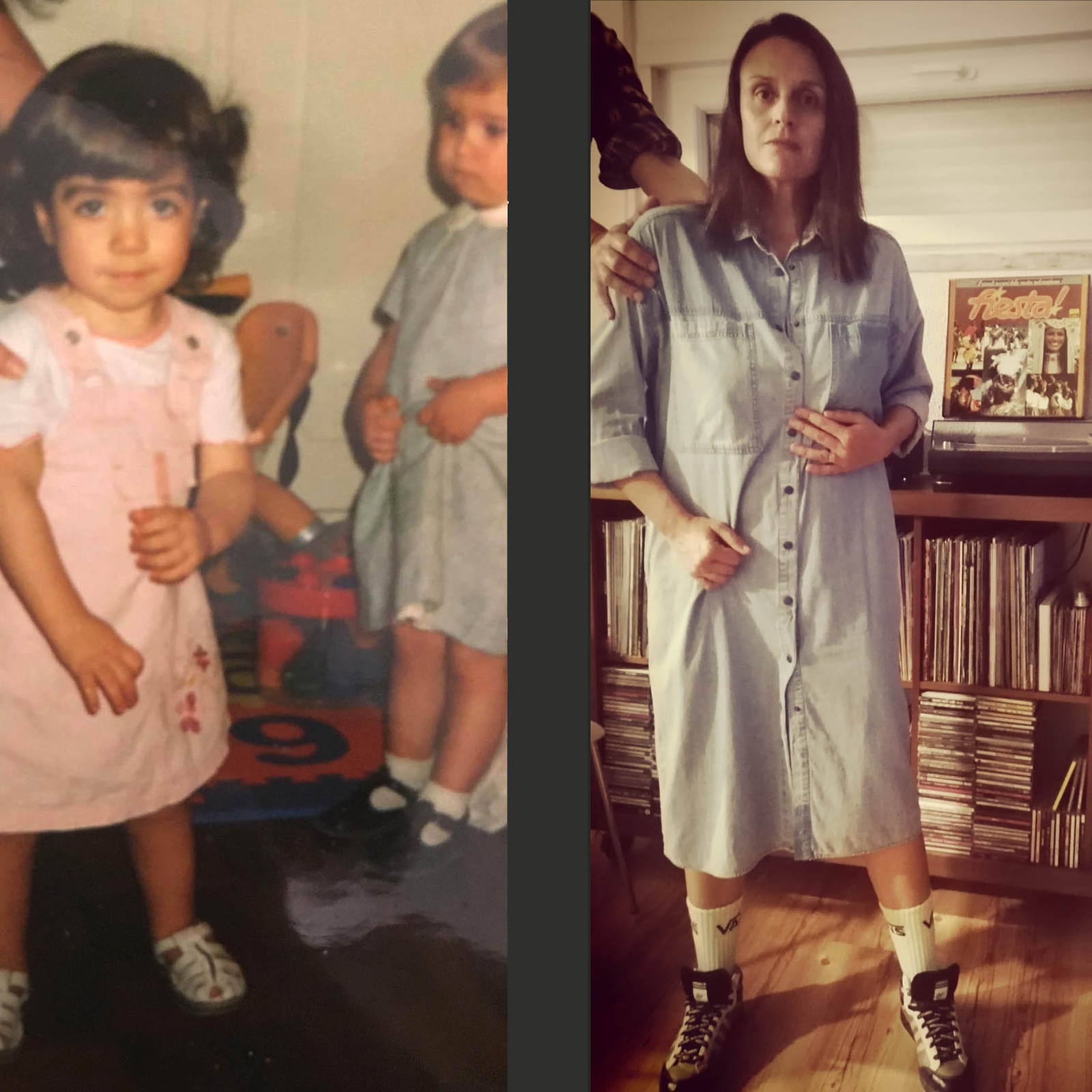
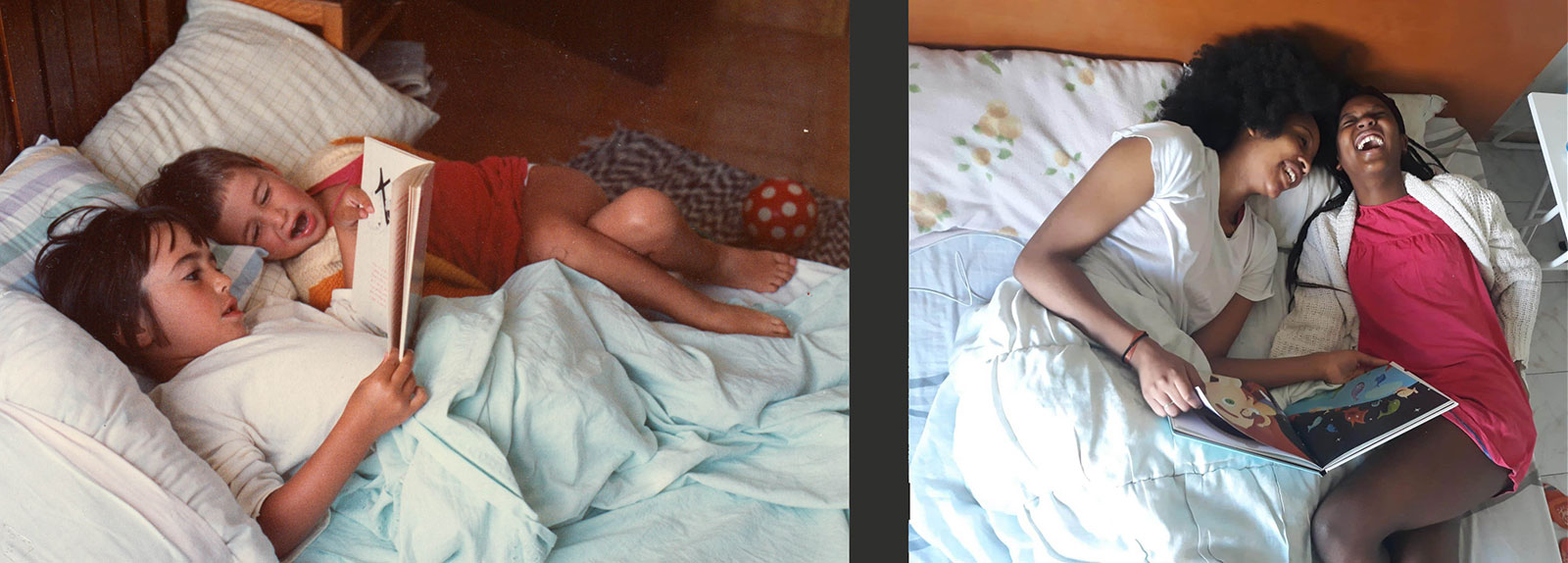
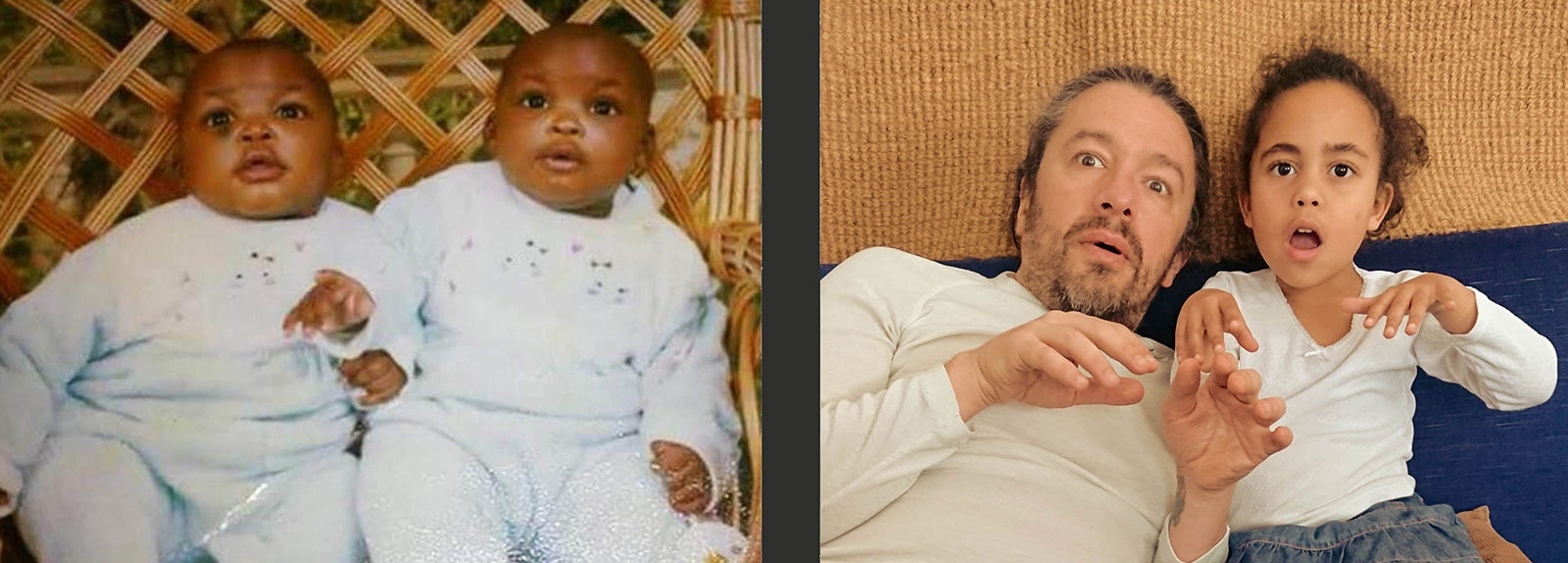
It quickly became clear that the task of continuing the project from a distance would be a challenge, starting with the fact that not all participants have the same accessibility to digital platforms – a direct consequence of the generational difference and also of the material and economic conditions of each family. Cláudia Hortêncio recalls the example of “a participant who had no Internet at all, no way to access it, and went to a friend’s house”, but also other “very delicate situations” of isolation or depression, in which they felt that “it was absolutely fundamental not to give up on these people ”.
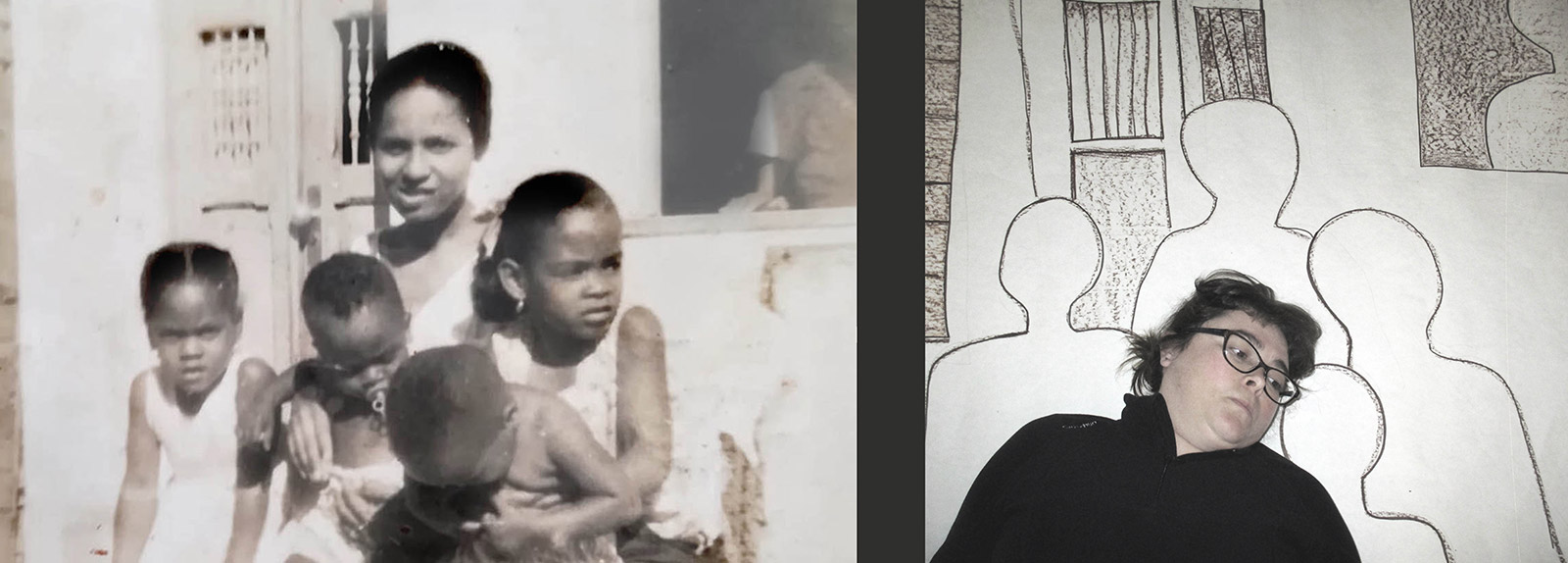
For Victor Hugo Pontes, the strength to motivate others, being a mediator who is also in a situation of confinement, was also a difficult challenge. “There were days [at Zoom] where it was just dancing, I used to put on music and do a warm-up with David Bowie’s‘ Let’s Dance ’and invited them to dance along until we couldn’t do it anymore”, only to ask at the end “how are you doing? are you sweaty, in a better mood, less irritated?”.
In a time where the concern was to “create moments of discovery and encounter, more than to create beautiful results”, the fact that such relevant artistic creations emerged was a surprise for the director and the entire artistic team. “People showed a willingness, a sense of commitment, a desire to create, and this made the results very positive”.
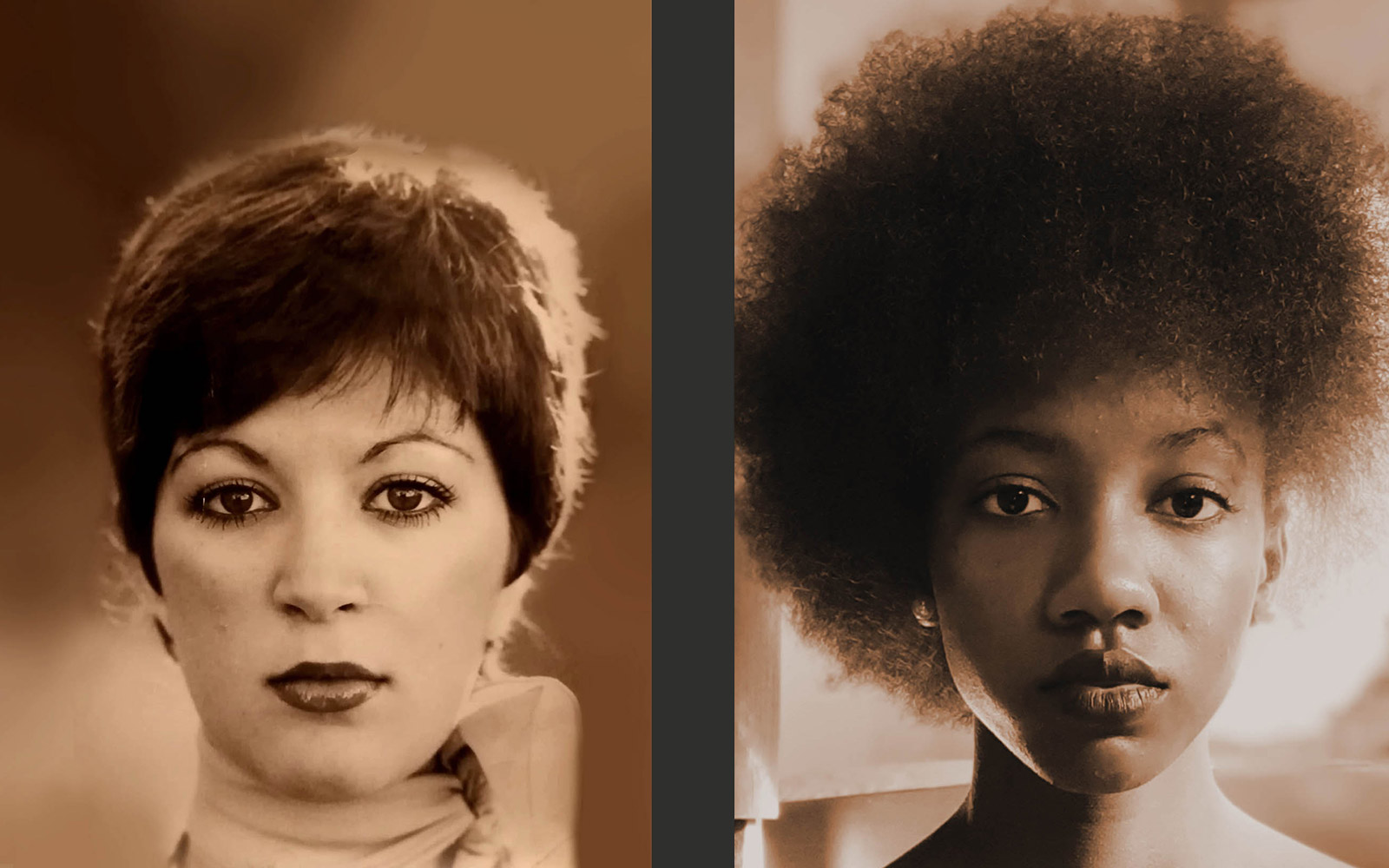
The relationships of intimacy that were created, in a time of exceptions, may also explain this unexpected result. “Even though we were so far away, everyone was allowed in the houses of others, we shared our spaces and created another type of intimacy, not only regarding this but also the fact that many people were doing the exercises: the coordinators, teachers, artists, participants and family members ”, says Cláudia Hortêncio.
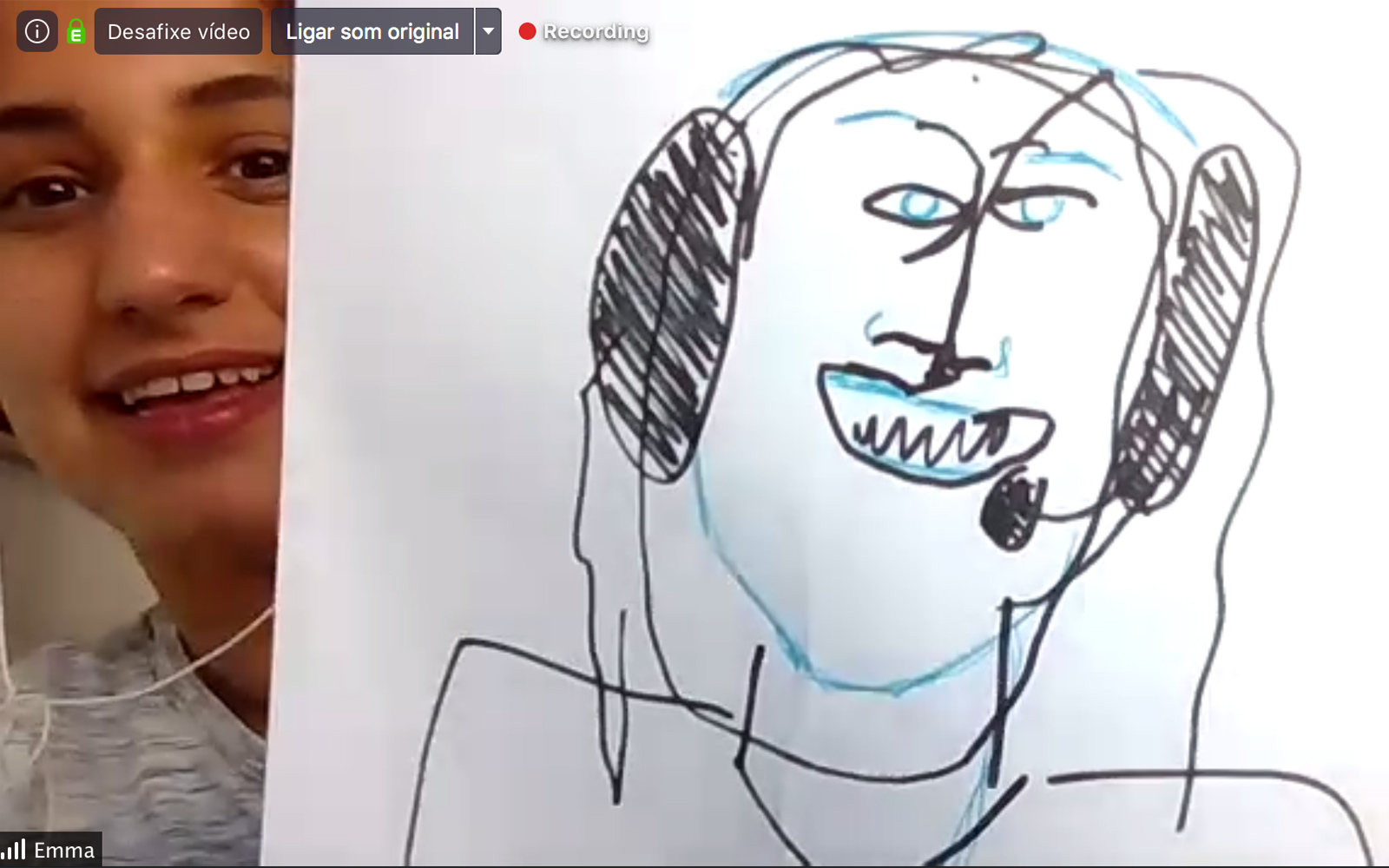
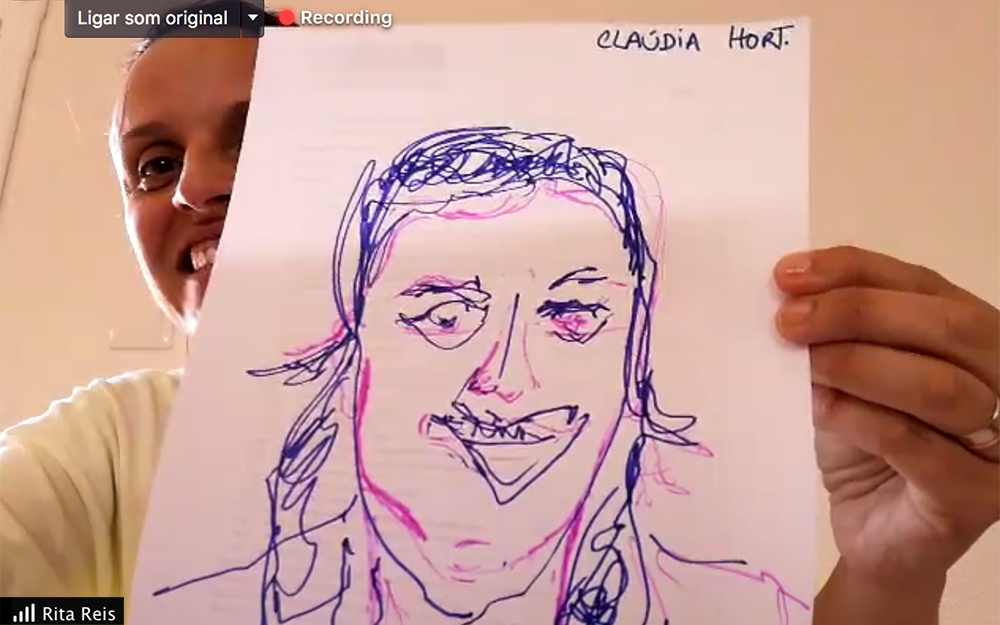
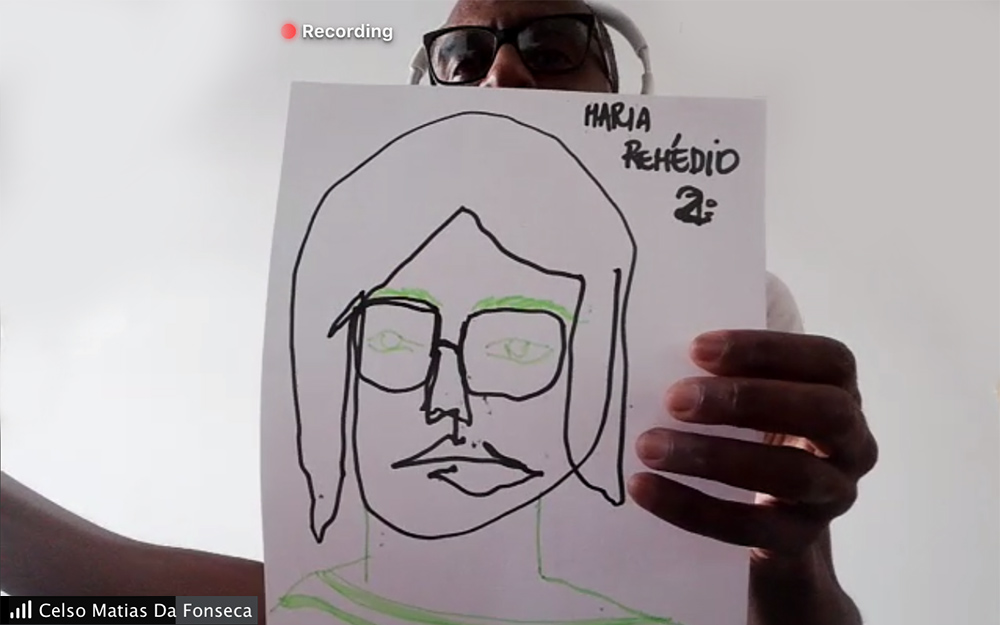
In addition to the courses and the research activities in five artistic disciplines (theater, cinema, visual arts, Hip-Hop music and dance), divided into two groups, the project has two annual “sharing meetings”, in which participants from the four territories come together to share the work they developed. The next one will take place on July 18th, at Teatro Municipal São Luiz, and will be an opportunity to resume the work after this phase.
When the project ends, in 2021, a multidisciplinary presentation will be taking place in the four participating municipalities. At the same time, the entire training and creation process will be recorded and feature on a documentary, directed by Maria Remédio, to be released in the same year.
“Meio no Meio” is Artemrede’s second project and it is produced under the PARTIS – Artistic Practices for Social Inclusion initiative, in a partnership with Nome Proprietário, RUMO-Cooperativa Social, CIES-IUL | Centro de Investigação e Estudos de Sociologia do Instituto Universitário de Lisboa and the four municipalities associated with Artemrede: Almada, Barreiro, Moita and Lisbon.

